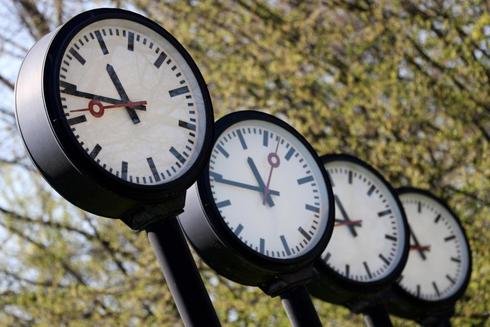Story by Ava Chuppe
Contributing writer
am.chuppe@gmail.com
Kentucky lawmakers have proposed a bill to make daylight saving time permanent. If passed, the bill would make resetting clocks every six months obsolete.
The bill, prefiled on Monday, July 1 with the Kentucky General Assembly, is sponsored by Republican Reps. Bart Rowland of Tompkinsville and Brandon Reed of Hodgenville.
The bill suggests that Kentucky “adopt daylight saving time as the year-round standard time for the entire state and all of its political subdivisions.” The bill would be enacted on the first Sunday of November, when Kentuckians would normally “fall back” and gain an extra hour.
According to National Geographic, daylight saving time in the U.S. began in 1918 as an attempt to save energy during World War I, following Germany in 1916. Its purpose was to maximize sunlight hours during the longer days of the year by adding an hour of daylight to the end of the day by borrowing the hour from earlier in the day, when most people were asleep.
Under the Uniform Time Act of 1966, states may exempt themselves from daylight saving time by law. Kentucky would join at least four other states that already have year-round daylight saving time.
It’s a nationwide topic that even has President Trump weighing in.
Making Daylight Saving Time permanent is O.K. with me!
— Donald J. Trump (@realDonaldTrump) March 11, 2019
However, not everyone supports the idea of year-round daylight saving time, as some critics argue that it would waste energy. When Indiana converted to year-round in 2006, a study by the National Bureau of Economic Research found that energy use throughout the state actually increased.
Critics still argue that keeping the time change saves more energy than making the time change permanent. The Indiana study concluded that although making daylight saving time permanent led to reduced electricity usage for lighting, it also increased the use of electricity for heating and cooling.
Despite this, Rep. Rowland called the change a “no-brainer,” as it was proven to lower crime rates due to more daylight hours in the evening and would lead to health benefits from a more uniform sleeping schedule. According to Transportation.gov, daylight saving time even leads to fewer traffic accidents due to more people traveling for school and work during the daylight.
“I think it’s time for Kentucky to join the conversation on whether or not we’re willing to do away with the antiquated practice of changing clocks,” Rowland said.
The full bill can be read here.




























































































